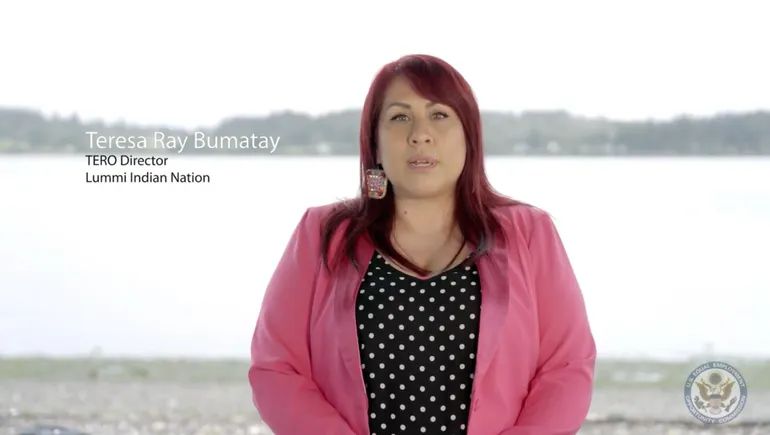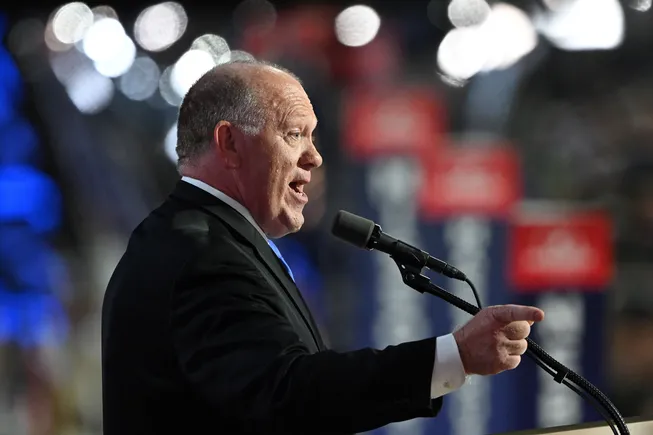The U.S. Equal Employment Opportunity Commission just dropped several public service announcements regarding Native American and Indigenous talent, in partnership with representatives from the Nez Perce Tribe and Lummi Nation.
The Nez Perce’s ceded ancestral land is now largely in Idaho, where the reservation is located, and partially Washington and Oregon. The Lummi live in the Pacific Northwest of the U.S. — particularly the Puget Sound area of Washington state, with historic roots in Canada’s British Columbia region as well.
The goal of the campaign is to inform workers about their rights, EEOC said in an Oct. 30 press release.
In the PSAs, Teresa Ray Bumatay, director of the Lummi Nation’s Tribal Employment Rights Office, and Melvin J. Wheeler Sr., director of the Nez Perce’s TERO, ask Native people if they have faced unfair treatment at work, been passed over for a job for which they were qualified, or been called inappropriate names at work, with no disciplinary action.
Both directors then explain how the EEOC collaborates with tribal organizations, and how filing a complaint with the agency works.
In the press release, the agency reaffirmed that Native American workers and job seekers are protected by federal anti-discrimination laws. It also re-committed to protecting Native American talent through its Strategic Enforcement Plan.
The video PSAs come on the eve of National Native American Heritage Month. In 1990, President George H.W. Bush signed a joint resolution into law that made November a month to acknowledge the contributions of Native Americans.
Optional Caption
According to Congressional historians, the roots of this heritage month go back to the early 1900s. New York celebrated its first American Indian Day in 1916, to be celebrated on the second Saturday of May, per the U.S. Department of the Interior’s Indian Affairs office.
The White House chimed in on Oct. 31. “Native peoples have built and sustained powerful Tribal Nations, and the knowledge they developed still benefits us today,” President Joe Biden said in a press release. “However, our Nation’s failed policies of the past subjected generations of Native peoples to cruelty, violence, and intimidation.”
The White House then acknowledged:
- forced removal of Native peoples from their homes and ancestral homelands;
- attempts to assimilate entire generations;
- stripping Indigenous peoples of their identities, cultures, and traditions
What the highest office in the land called “some of the darkest chapters of our Nation’s history” has a direct correlation as to why National Native American Heritage Month is important, advocates say.
The EEOC thinks so as well: The agency has identified Native Americans and Alaska Natives as a strategic priority group in the 2024-2028 enforcement plan, along with immigrants, people with developmental or intellectual disabilities, those with arrest records, LGBTQI+ workers, temporary workers, older workers, individuals in low-wage jobs, gender-based violence survivors and people with limited English proficiency.
The partnership isn’t new; EEOC has teamed up with Tribal Employment Rights Offices since 1976, said Cheryl Mabry, director of the agency’s Tribal Programs.
The longstanding partnership was created to “help advance the Title VII Indian preference requirements on Tribal lands and to help inform Tribal members of their rights to equal employment,” Mabry said in a statement.
“We hope these new resources are useful and will continue to help spread the word about rights in the workplace,” she added.






Leave a Reply